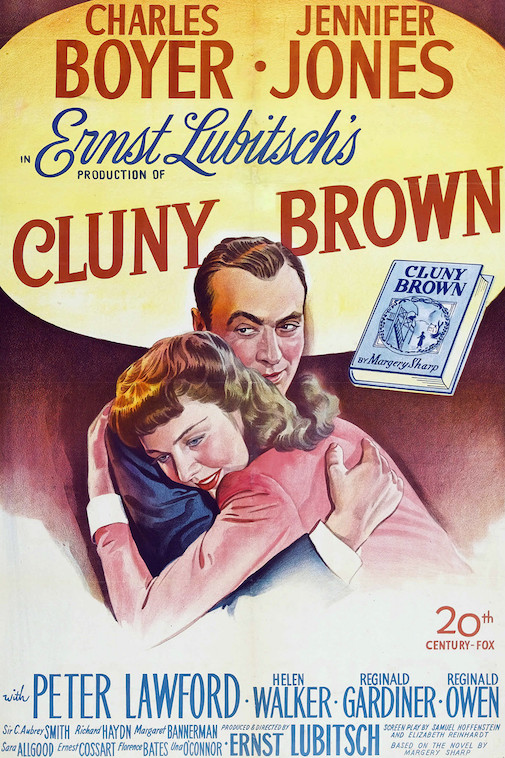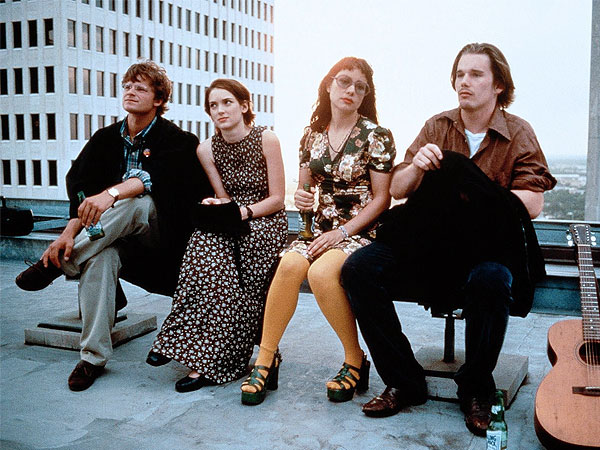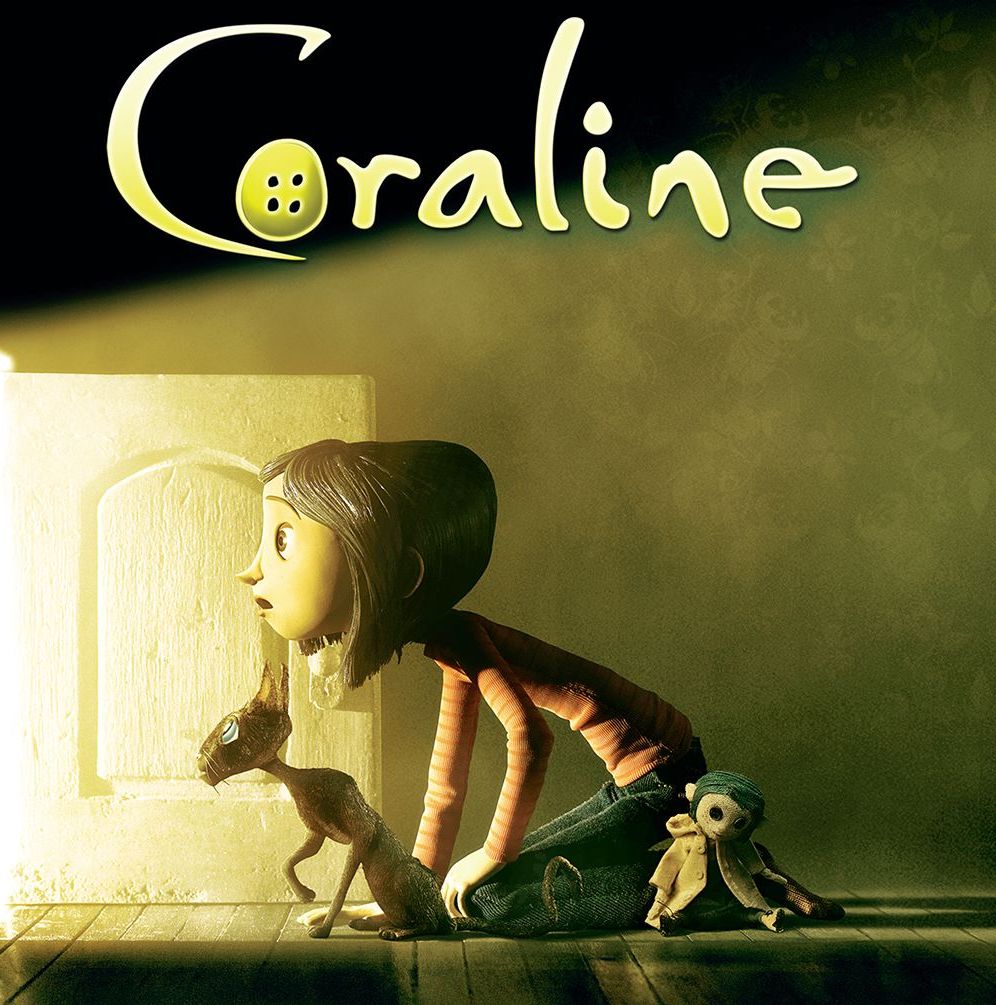Jennifer Jones, the early years and 'years at the top'
 Saturday, March 2, 2019 at 3:00PM
Saturday, March 2, 2019 at 3:00PM HAPPY JENNIFER JONES CENTENNIAL!
Paolo wasn't kidding when he said that the Centennial of Jennifer Jones (that's today!) would be a challenge. Though we usually have some buy-in for centennials literally no one else on Team TFE volunteered for this one so it'll be short. But I'll do one or two pictures. i'm annoyed that I can't do Duel in the Sun (1946), which I've never seen, but I can't find it to stream. Actually easy availability is how I came up with your choices. So vote and tell me which of these films you most want to discuss:
But before we get there, and overview of her career.
And the eternal question: How long can any given star can stay at 'the top' from Old Hollywood to the right now...





